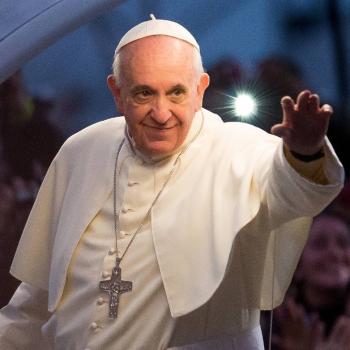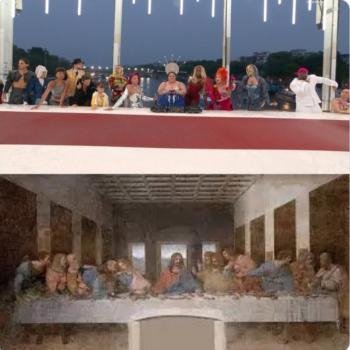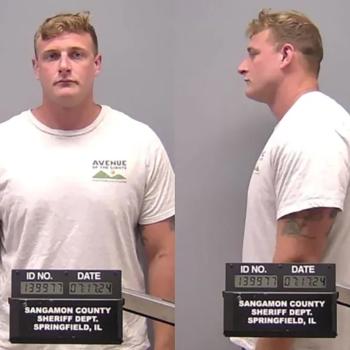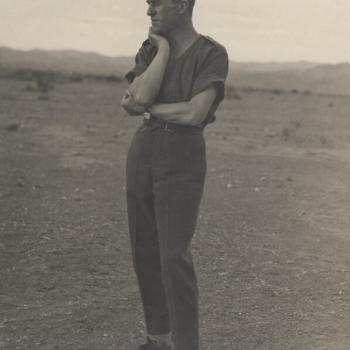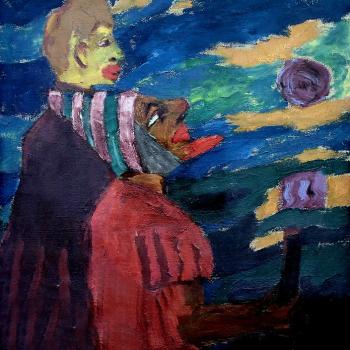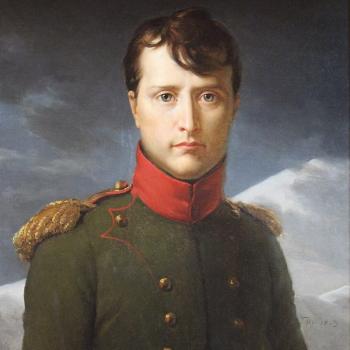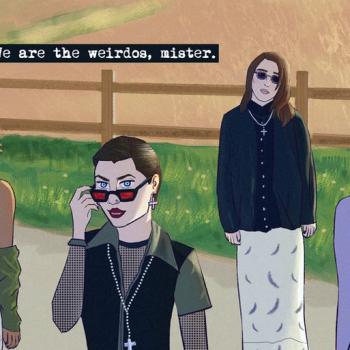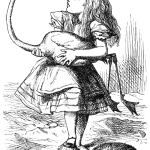
Source: Wikimedia
License
May December (2023) is, like all movies starring Julianne Moore, good. And, as might be expected, her talent anchors it. Moore’s willingness to play a monster so flatly and straightforwardly demonstrates her courage. Not that it really needs demonstrating.
May December concerns an actress (Natalie Portman) sent to Savannah, Georgia to live with and study a woman (Moore) who began a sexual relationship and then married a middle schooler (played as an adult by Charles Melton). She gave birth to his child in prison; they still live together, settled into a largely normal suburban life with college-aged kids. No one talks about it, even though the case garnered national attention at the time. At first, Portman, set to play Moore in an upcoming role, acts as the audience stand-in. In due time, her own neuroses become clearer.
It would be easy to touch upon this subject matter in a moralizing way. Moore is obviously not a good person. But this is Todd Haynes we’re talking about. He has no interest in humanizing Moore or in condemning her. Rather, we study her. We hear her excuses, watch as Portman takes on her mannerisms, and witness the quiet suffering (though without full explanation) of her husband/victim. Her soft, childlike lisp half-exonerates and half-heightens our disgust at her presence.
It would also be easy for this to be a tale of two women: one who seems evil and another who seems good. It’s true that Portman becomes more and more suspect as the film goes on. She seems to portend an evil all her own. This, however, never makes Moore look any better.
No—Haynes offers us something even more terrifying than moralizing pablum or armchair psychology. He asks us to wonder: what if people really are this simple—this baldly ambitious, this mentally vacant and self-absolving. What if, racked by guilt as we may be, others are not? What if evil can be as simple as blithe, bland self-delusion? What if there’s nothing we can do about it?
In this sense, May December is a horror movie and a damn good one. It plays, at least speaking for myself, on our darkest fears.




